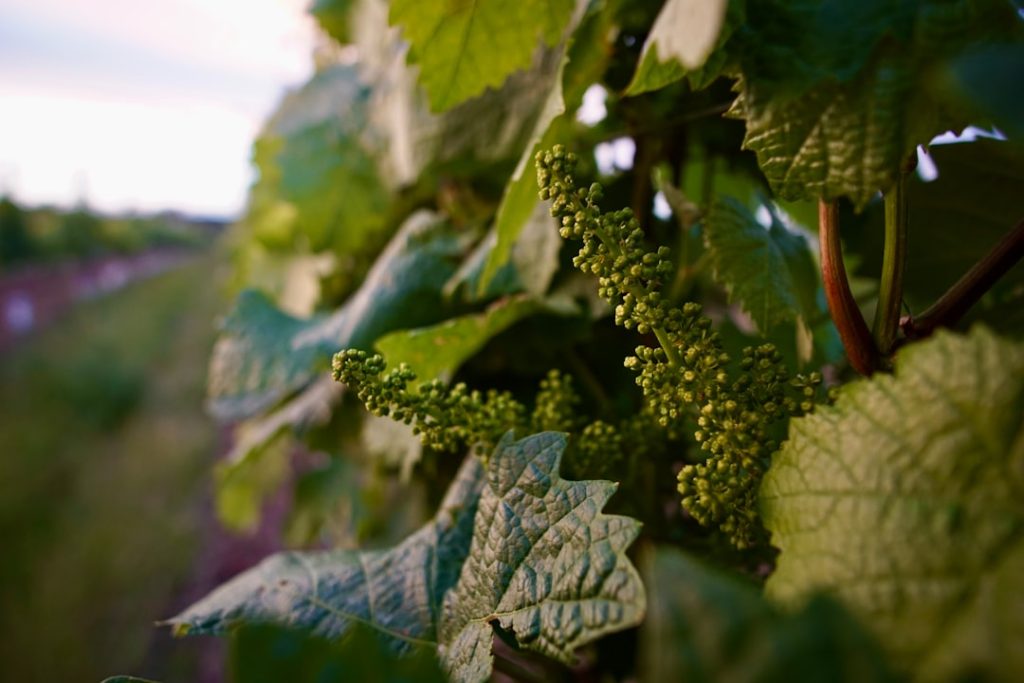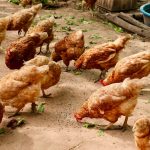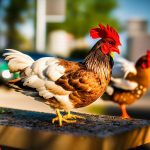Wood chips in chicken water are a common issue faced by poultry farmers. This problem occurs when wood shavings or chips from the coop bedding contaminate the water supply, rendering it unsuitable for consumption. The presence of wood chips in chicken water poses health risks to the birds and creates maintenance challenges for farmers, who must frequently clean and replace the water to maintain hygiene standards.
Additionally, wood chips can clog watering systems, leading to increased labor and inconvenience for farmers. Several factors contribute to the presence of wood chips in chicken water. The type of bedding material used in the coop is a significant factor, with larger wood shavings or chips more likely to enter the water supply.
The design and maintenance of the watering system also play a role, as poorly designed or maintained systems are more susceptible to contamination. Chicken behavior, such as scratching and pecking at bedding material, can further exacerbate the problem by dispersing wood chips near water sources. Understanding these causes is essential for poultry farmers to implement effective preventive measures and maintain a clean water supply for their chickens.
Proper management of bedding materials, regular maintenance of watering systems, and strategic placement of water sources can help mitigate the issue of wood chips in chicken water.
Table of Contents
- 1 Choosing the Right Watering System for Your Chickens
- 2 Properly Bedding Your Chicken Coop
- 3 Regular Cleaning and Maintenance of Watering Systems
- 4 Using a Filter or Strainer to Keep Wood Chips Out of Water
- 5 Providing Alternative Sources of Water for Your Chickens
- 6 Monitoring and Adjusting Your Chicken Watering System
- 7 FAQs
- 7.1 What are the common reasons for wood chips getting into chickens’ water?
- 7.2 How can I prevent wood chips from getting into chickens’ water?
- 7.3 What are some effective waterer designs to keep wood chips out?
- 7.4 How often should I clean the waterer to remove wood chips?
- 7.5 Are there any health risks for chickens drinking water with wood chips in it?
Key Takeaways
- Wood chips in chicken water can lead to health issues for your chickens
- Choose a watering system that prevents wood chips from getting into the water
- Properly bedding your chicken coop can help prevent wood chips from getting into the water
- Regular cleaning and maintenance of watering systems is essential to keep wood chips out of the water
- Using a filter or strainer can effectively keep wood chips out of the water for your chickens
Choosing the Right Watering System for Your Chickens
Traditional Gravity-Fed Waterers
One popular option is the traditional gravity-fed waterer, which consists of a large reservoir that automatically dispenses water into a small trough as it is consumed by the chickens. While this type of waterer is simple and easy to use, it can be prone to contamination from wood chips if not properly maintained.
Nipple Waterers: A Contamination-Reducing Alternative
Another option is a nipple waterer, which delivers water directly to the chickens through small nipples that they can peck at to access the water. This type of waterer is less likely to become contaminated with wood chips, as it is designed to prevent debris from entering the water supply.
Material Selection and Maintenance
In addition to choosing the right type of watering system, it is important to consider the material from which the waterer is made. Plastic or metal waterers are often preferred over wood or other porous materials, as they are less likely to absorb moisture and become contaminated with wood chips. It is also important to regularly clean and maintain the watering system to prevent any build-up of debris or contaminants. By carefully selecting and maintaining the watering system for your chickens, you can effectively minimize the risk of wood chips contaminating their water supply.
Properly Bedding Your Chicken Coop
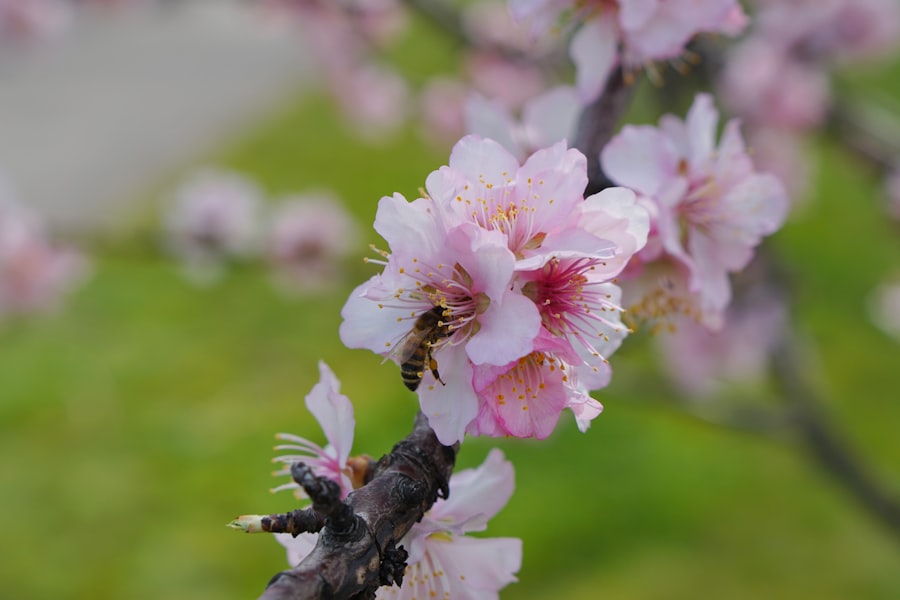
Properly bedding your chicken coop is crucial in preventing wood chips from finding their way into the chicken water supply. The type of bedding material you choose can greatly impact the cleanliness of the coop and the quality of the water. It is important to select a bedding material that is absorbent, such as straw or pine shavings, as this will help to keep the coop dry and reduce the likelihood of wood chips contaminating the water.
Additionally, regularly cleaning and replacing the bedding will help to minimize the presence of wood chips in the coop and prevent them from entering the water supply. Another important consideration when bedding your chicken coop is to ensure that it is spread evenly and at an appropriate depth. This will help to prevent any large pieces of bedding material from being easily scratched up by the chickens and ending up in their water.
Providing a comfortable and clean environment for your chickens will not only improve their overall health and well-being but also reduce the risk of wood chips contaminating their water supply.
Regular Cleaning and Maintenance of Watering Systems
Regular cleaning and maintenance of watering systems are essential in preventing wood chips from contaminating the chicken water supply. It is important to establish a routine for cleaning and inspecting the watering system to ensure that it remains free from debris and contaminants. This may involve disassembling the waterer, cleaning all components thoroughly, and checking for any signs of wear or damage that could lead to contamination.
Additionally, regularly flushing out the water supply and refilling it with fresh, clean water will help to prevent any build-up of wood chips or other debris. In addition to regular cleaning, it is important to monitor the watering system for any signs of leakage or malfunction that could lead to contamination. Any issues should be promptly addressed to prevent further contamination of the water supply.
By maintaining a clean and well-functioning watering system, you can effectively minimize the risk of wood chips contaminating your chicken’s water and ensure their health and well-being.
Using a Filter or Strainer to Keep Wood Chips Out of Water
One effective solution for preventing wood chips from contaminating chicken water is to use a filter or strainer in the watering system. This can help to trap any debris or contaminants before they enter the water supply, ensuring that it remains clean and free from wood chips. There are various types of filters and strainers available, ranging from simple mesh screens to more advanced filtration systems.
By incorporating a filter or strainer into your watering system, you can effectively reduce the risk of wood chips contaminating your chicken’s water supply. When selecting a filter or strainer for your watering system, it is important to choose one that is appropriate for the size and type of waterer you are using. Additionally, it is important to regularly clean and maintain the filter or strainer to ensure its effectiveness in trapping debris and contaminants.
By incorporating this simple yet effective solution into your watering system, you can significantly reduce the risk of wood chips contaminating your chicken’s water supply.
Providing Alternative Sources of Water for Your Chickens
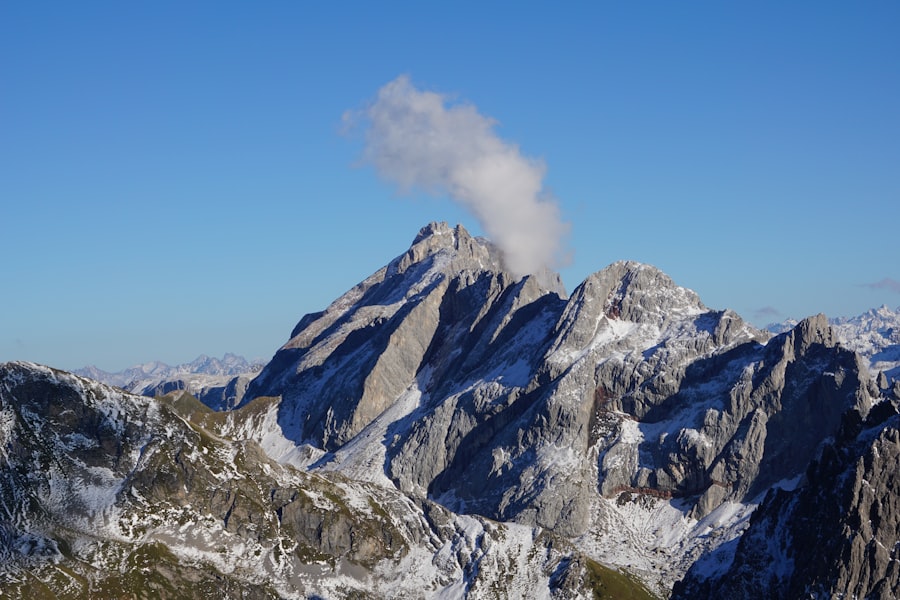
Reducing Competition and Contamination
In addition to using a filter or strainer, providing alternative sources of water for your chickens can help to minimize the risk of wood chips contaminating their water supply. This can include offering multiple watering stations throughout the coop or yard, as well as providing access to natural sources of water such as ponds or streams. By offering alternative sources of water, you can reduce competition among the chickens for access to a single water supply, which can lead to contamination with wood chips.
Maintenance and Monitoring
It is important to regularly clean and maintain all watering stations to ensure that they remain free from debris and contaminants. Additionally, monitoring the chickens’ behavior around different watering stations can help to identify any potential issues with contamination and address them promptly.
Ensuring Health and Well-being
By providing alternative sources of water for your chickens, you can effectively reduce the risk of wood chips contaminating their primary water supply and ensure their health and well-being.
Monitoring and Adjusting Your Chicken Watering System
Finally, monitoring and adjusting your chicken watering system is essential in preventing wood chips from contaminating their water supply. Regularly observing the behavior of your chickens around the watering system can help you identify any potential issues with contamination and take appropriate measures to address them. This may involve adjusting the placement or design of the watering system, as well as implementing additional measures such as using a filter or providing alternative sources of water.
It is also important to regularly inspect and maintain all components of the watering system to ensure that it remains clean and free from debris. Any signs of wear or damage should be promptly addressed to prevent further contamination of the water supply. By actively monitoring and adjusting your chicken watering system, you can effectively minimize the risk of wood chips contaminating their water supply and ensure their health and well-being.
In conclusion, preventing wood chips from contaminating chicken water requires careful consideration of various factors such as choosing the right watering system, properly bedding the chicken coop, regular cleaning and maintenance of watering systems, using filters or strainers, providing alternative sources of water, and monitoring and adjusting the watering system as needed. By implementing these strategies, poultry farmers can effectively minimize the risk of wood chips contaminating their chicken’s water supply and ensure their health and well-being.
If you’re looking for tips on how to keep wood chips out of your chickens’ water, you might also be interested in learning about the best placement for your chicken coop. Check out this article for some helpful advice on where to put your chicken coop to ensure the health and safety of your flock.
FAQs
What are the common reasons for wood chips getting into chickens’ water?
Wood chips can get into chickens’ water due to the chickens scratching and pecking at the ground, the waterer being placed on uneven or soft ground, or the waterer being placed too close to the coop bedding.
How can I prevent wood chips from getting into chickens’ water?
To prevent wood chips from getting into chickens’ water, you can place the waterer on a solid, level surface, use a raised platform for the waterer, or use a different type of bedding material that is less likely to get kicked into the water.
What are some effective waterer designs to keep wood chips out?
Some effective waterer designs to keep wood chips out include nipple waterers, which are mounted at chicken head height and release water when pecked at, and bell waterers, which have a cover that prevents bedding material from getting into the water.
How often should I clean the waterer to remove wood chips?
You should clean the waterer regularly to remove wood chips and other debris. This could be daily, especially if the waterer is placed in an area with a lot of activity and scratching by the chickens.
Are there any health risks for chickens drinking water with wood chips in it?
Chickens drinking water with wood chips in it may not pose an immediate health risk, but it can lead to bacterial growth and contamination of the water. It’s important to keep the water clean to prevent potential health issues for the chickens.
Meet Walter, the feathered-friend fanatic of Florida! Nestled in the sunshine state, Walter struts through life with his feathered companions, clucking his way to happiness. With a coop that’s fancier than a five-star hotel, he’s the Don Juan of the chicken world. When he’s not teaching his hens to do the cha-cha, you’ll find him in a heated debate with his prized rooster, Sir Clucks-a-Lot. Walter’s poultry passion is no yolk; he’s the sunny-side-up guy you never knew you needed in your flock of friends!

